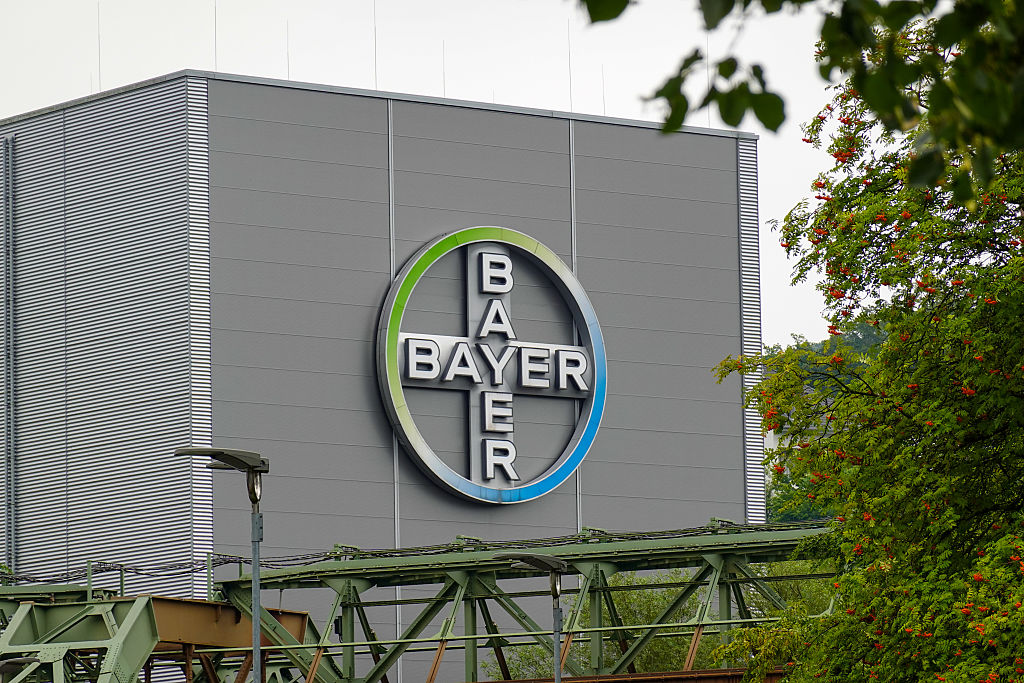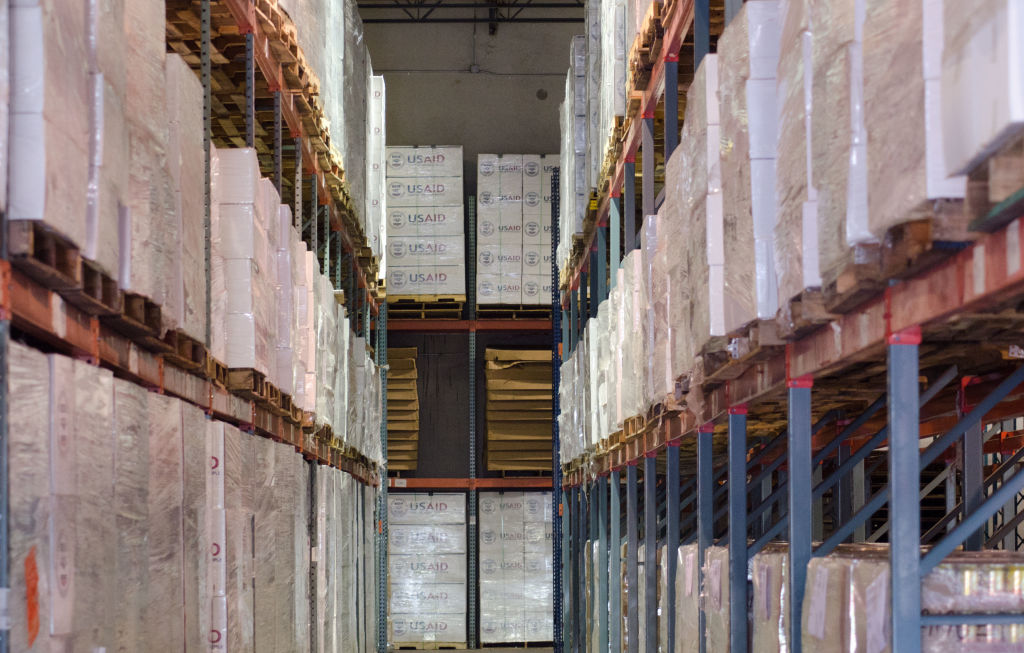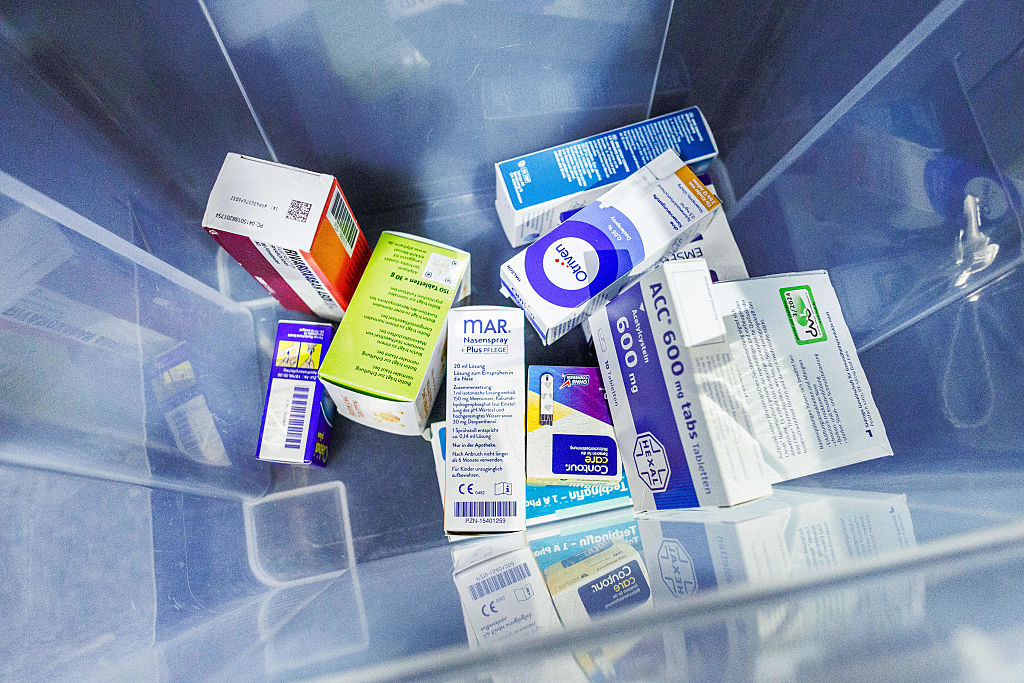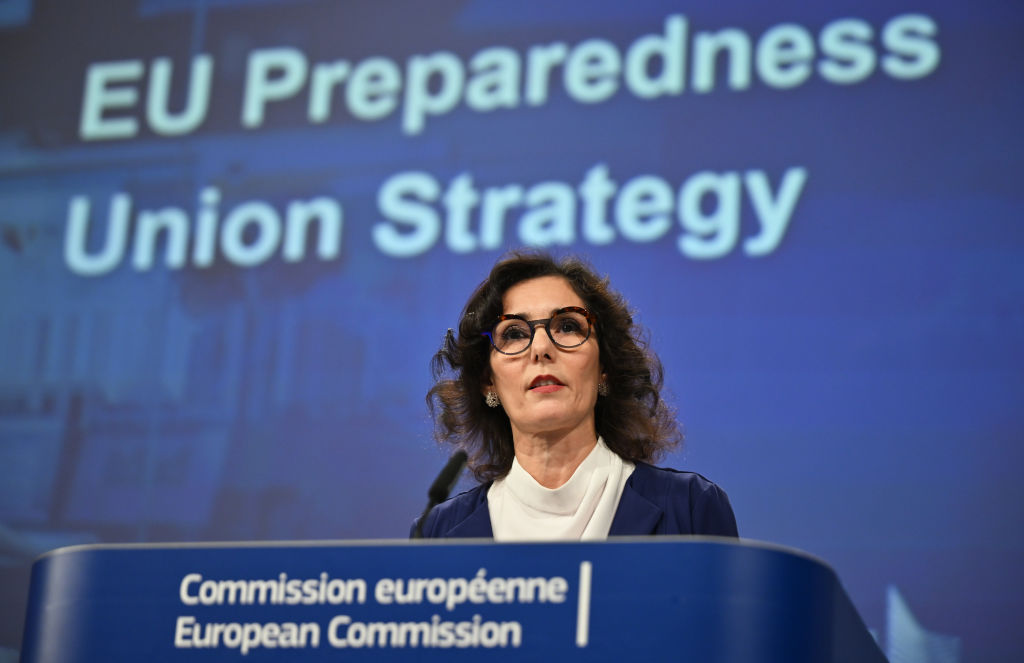Polish pharma goes to court as EU wastewater rules backlash grows
Polish generic and innovative medicines industries are warning new rules breach EU principles and could undermine competitiveness and medicine access
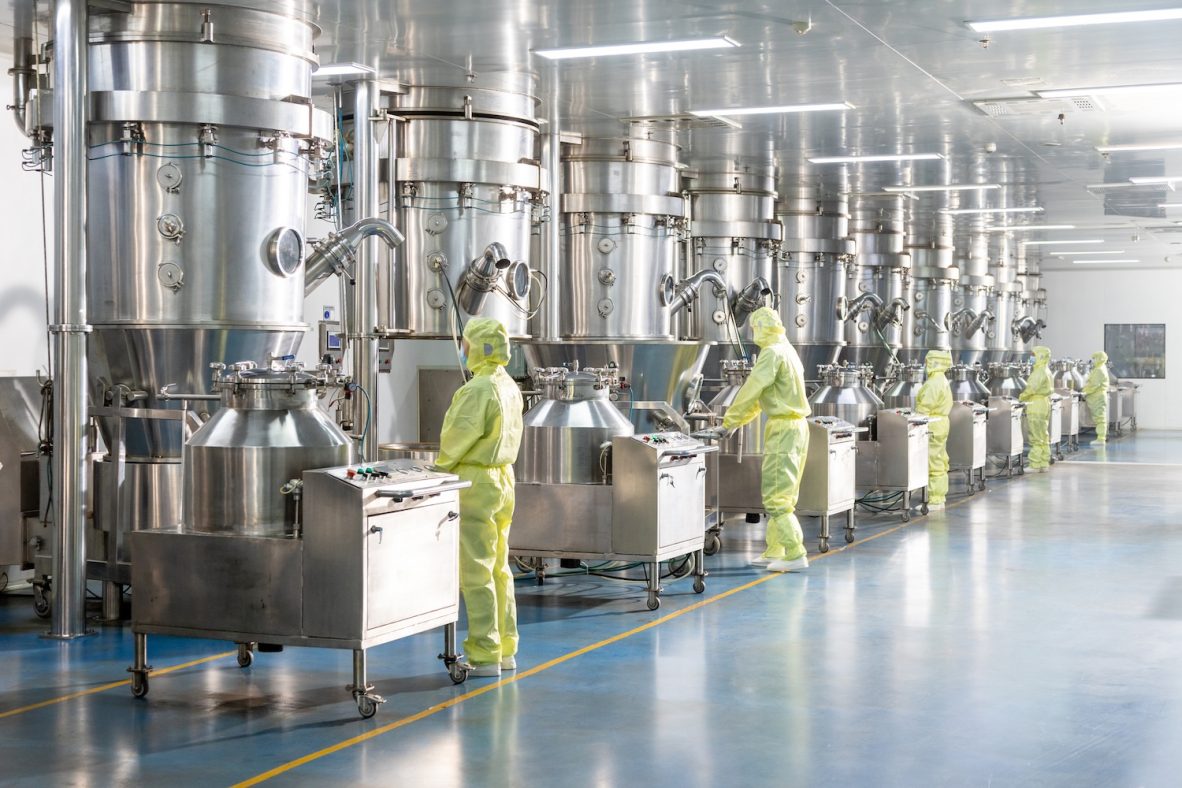
The new Directive on Urban Wastewater Treatment (UWWTD) has come under fire in Poland, with the Polish Government and industry representatives filing a complaint with the Court of Justice of the European Union.
The European regulation aims to improve water quality by introducing stricter wastewater treatment standards. Government and industry argue that the Directive breaches the polluter-pays principle and the principle of equal treatment.
Michał Byliniak, general director of INFARMA, told Euractiv, “The Directive was based on significant methodological errors regarding the allocation of toxic loads and the underestimated costs of its implementation.”
He said this has led to the unfair singling out of just two sectors, with the companies involved facing far higher costs than initially expected. This, he warns, will have an impact on both the competitiveness and sustainable growth of these industries.
EU wastewater directive
The European Union’s new Directive (EU 2024/3019) on urban wastewater treatment, adopted in late 2024, introduces significant changes and obligations for member states. Its primary objective is to protect the environment and public health by gradually implementing advanced wastewater treatment standards.
Among these is the so-called quaternary treatment stage, designed to remove micropollutants from urban wastewater in agglomerations above certain population thresholds.
The directive imposes mandatory requirements such as removing nitrogen and phosphorus, promoting energy neutrality in treatment plants, and introducing extended producer responsibility (EPR) schemes. These EPR schemes require the pharmaceutical and cosmetics sectors to financially contribute to the additional treatment costs.
Poland faces the challenge of transposing the directive into national law, adjusting timelines, and developing modern infrastructure. However, industry reports and expert opinions highlight strong controversies around the directive’s rationale and proportionality, mainly regarding assigning responsibility to only two industrial sectors and the potential adverse effects on competitiveness and medicine availability.
In response, the Polish government and various industry organisations have filed complaints with the Court of Justice of the European Union seeking a revision of the directive towards more balanced solutions. These concerns are shared publicly by several member states, with France, Germany and Greece calling for a review and Italy requesting a suspension of implementation.
Industry consensus
Byliniak and Krzysztof Kopeć, president of Medicines for Poland, told Euractiv there is significant consensus on several key aspects of the Urban Wastewater Treatment Directive.
First, both underline breaches of fundamental EU principles essential for proper market and policy functioning, chiefly the polluter-pays principle and the prohibition of discrimination. The Directive imposes financial burdens solely on producers from two sectors: pharmaceuticals and cosmetics, even though other industries also contribute to micro-pollutants. Both experts regard this as unfair and disproportionate.
Secondly, they highlight the underestimation of the Directive’s implementation costs. Kopeć states, “In reality, these costs could range from €5 billion to 11 billion annually, which is up to ten times higher than the estimates provided by the European Commission.”
He explains that the Commission’s assessment of the Extended Producer Responsibility system’s annual costs at €1.2 billion is four to six times lower than estimates from bodies such as the German Environment Agency, and up to ten times less than calculations from water service and sewage providers.
Another key argument concerns significant methodological errors related to assessing the pharmaceutical sector’s share in toxic loads in wastewater. Kopeć notes that the data used to evaluate the impact, which were only recently made available to the industry, attributed 58% of the toxic load to just four pharmaceutical substances, based on unreliable computer models.
“This led to the incorrect assumption that medicinal products are the main source of toxic pollution in wastewater. However, when applying robust laboratory data compliant with the European Medicines Agency (EMA) requirements, the contribution of these four substances falls well below 1%,” he added.
Implementation challenges
Byliniak stressed that the implementation of the Directive at the national level will pose a significant challenge once it comes into effect. This will include the preparation of a national implementation programme. He highlights a key provision introducing a new EPR system, which will place responsibility solely on two industries.
He also notes that the Directive conflicts with other ongoing work by the European Commission and member states aimed at enhancing Europe’s competitiveness, the Life Science Strategy, and the Critical Medicines Act.
“Given the new Commission’s commitment to policy coherence, deregulation, improving competitiveness, and ensuring secure supplies of critical medicines, an urgent review of the Urban Wastewater Treatment Directive is required before its approval. This review should properly address water pollution issues and prevent harm the Directive could cause to patients and Europe’s life science ambitions,” he explains.
Kopeć highlighted that the directive will especially affect companies producing affordable, widely used medicines.
“Affordability and access for millions of patients are at risk. We need a new study with realistic cost estimates to secure Europe’s supply of affordable medicines,” he said.
[VA, BM]
